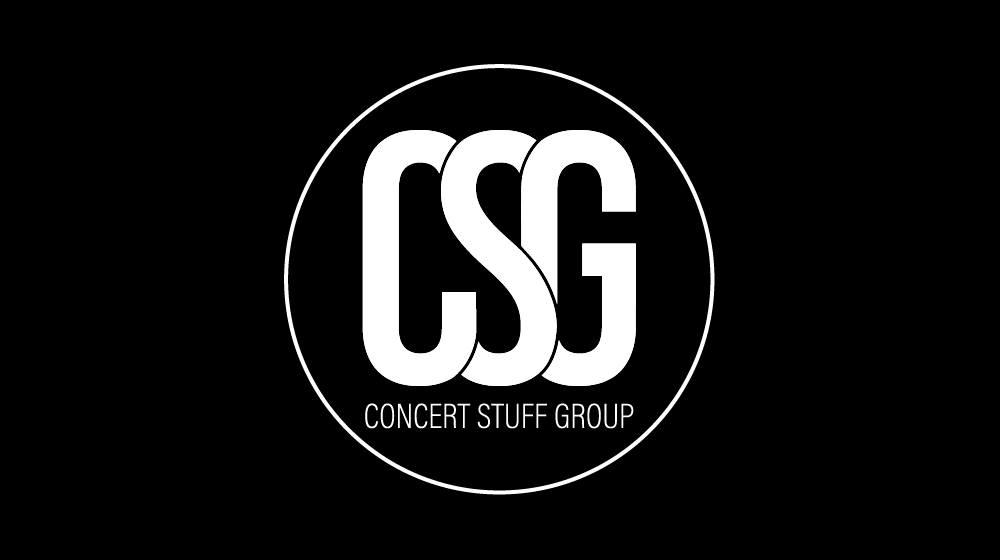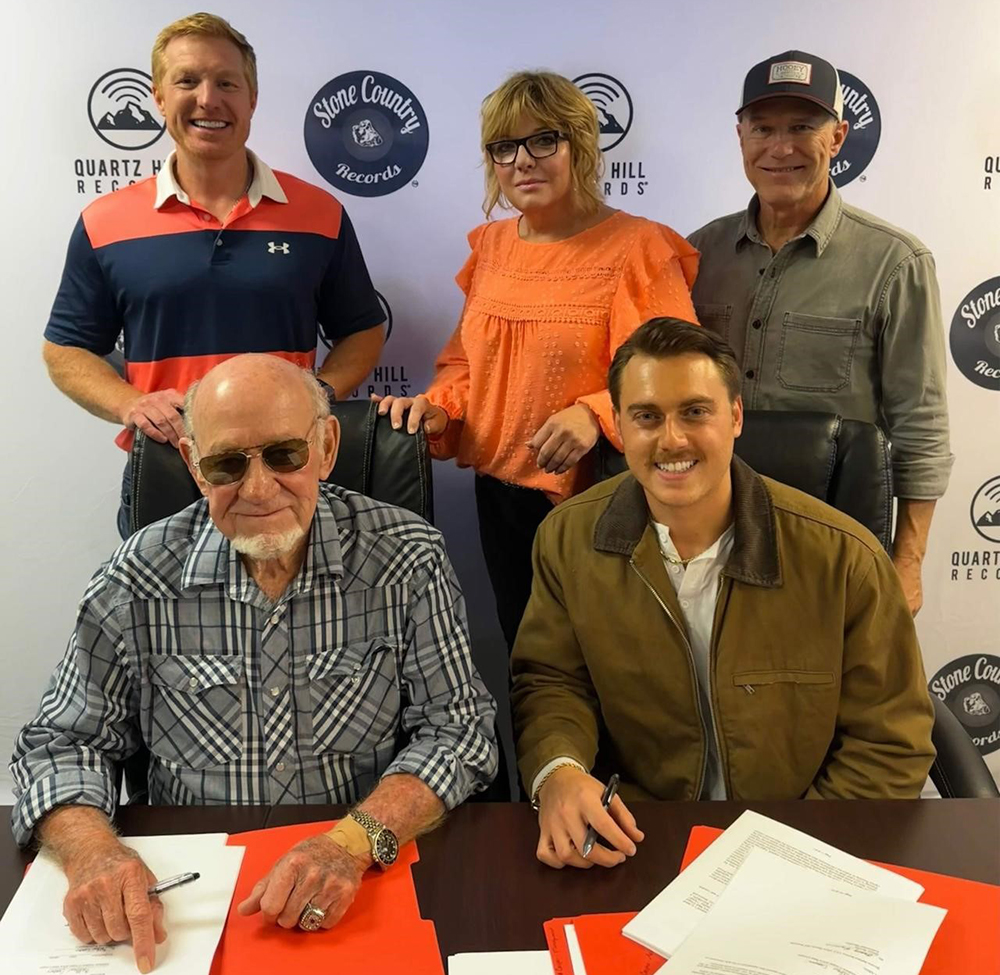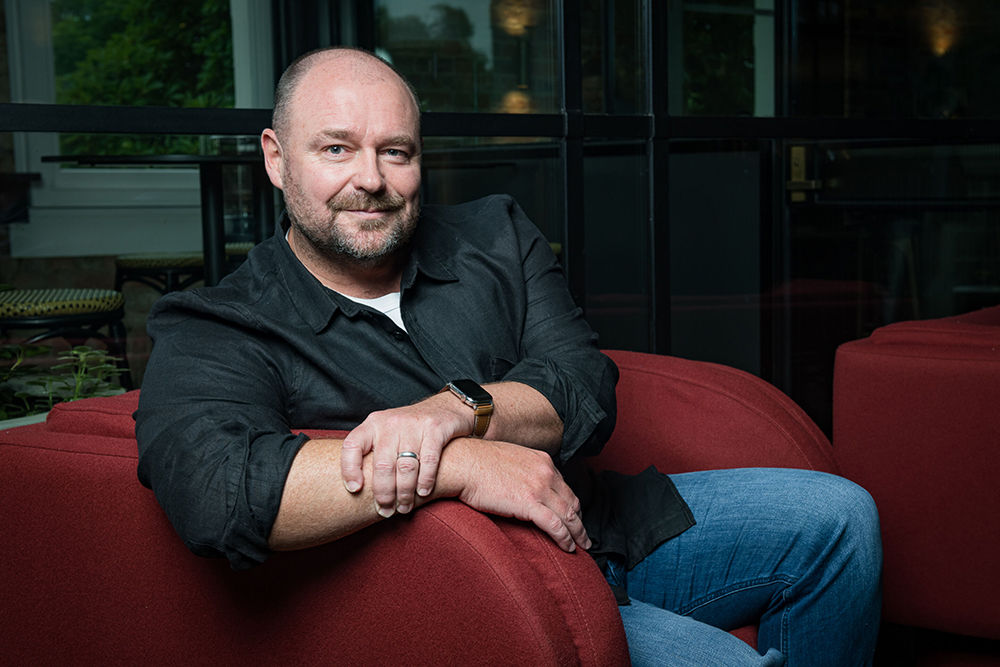
(CelebrityAccess MediaWire) What's wrong with the music industry? "Frontline," public television’s public affairs and investigative series, examined the music industry and its current problems in its May 27 airing of “The Way The Music Died.”
Frontline told its story through the eyes of four artists: David Crosby; songwriter/producer Mark Hudson, a former member of the Hudson Brothers; Hudson’s daughter Sarah, who just released her first single and will soon release her first album on S-Curve Records; and new super group Velvet Revolver with former members of Guns N' Roses and Scott Weilland. It also examined consolidation in the industry and its affect on artists and the business at-large.
"We're run by corporations now," said Michael Blue Williams, manager of OutKast. "We have accountants running two of four majors now, and they don't get it. It's a numbers game. And music has always been a feelings game."
The Frontline episode received mixed positive and negative reviews, mostly from television critics rather than from music industry critics:
"… does a credible job illustrating the demise of the industry," wrote Teresa Wiltz of the Washington Post. "…Yet, for sexiness of the subject matter, and for all the hand-wringing and cries of 'The sky is falling' by industry insiders and journalists, 'The Way' never advances the argument.. this documentary hits one note and doesn't veer from it in what is a much more complex, multi-note story…"
"… a good review of recent music history, particularly the fact that the music industry's golden years were artificially extended by the advent of the CD, which found baby boomers re-buying their collections and inflating sales for a few years," felt Mark Brown of the Rocky Mountain News. "And to its credit, Frontline notes that rap rose on its own, without record-label support and radio airplay until it had already established itself. But that's a story that's a decade old, too, and Frontline goes no further in looking at the changes in the music industry — and those who are thriving despite the problems."
"… The Way the Music Died is producer-writer-director Michael Kirk's stab at explaining why today's music is so controlled, contrived and slickly packaged," wrote David Bianculli of the New York Daily News "A lot of what he cites, while true, is also obvious…"
"… This lively, entertaining report explores the decline of the recording industry due to arrogance, corporate mergers, Internet theft, ethically challenged radio monopolies (Hello, Clear Channel) and plain lousy artistic development," said Mike Duffy of the Detroit Free Press. "Instead of encouraging new, innovative artists, desperate record companies try to recycle old ideas. Like whipping up a hard rock supergroup, Velvet Revolver, with head-banging alumni from Guns N' Roses and Stone Temple Pilots. Oy. And the banal beat goes on."
"The venerable PBS documentary series Frontline makes a rare — and, unfortunately, entirely unintentional — foray into comedy tonight with The Way the Music Died, a ludicrous look at the recording industry," wrote Glenn Garvin of The Miami Herald.
"No laugh track is supplied, but believe me, you won't have any trouble producing your own. A combination of senescent hippie ranting, voodoo economics and self-important rock star blather, The Way the Music Died makes a convincing case that my parents were right: Rock and roll really can make you stupid…"
"When it wanders away from subjects of grave importance, the usually excellent 'Frontline' can stumble badly. It happens tonight on a rambling report on the music industry that almost forgets to mention the effects of digital downloading on sales," said The Hartford Courant's Roger Catlin. "Music documentaries on MTV and other outlets are so common by now that the struggles of music industry hopefuls are rather dull. It's strange that you have to watch public television's best news show to figure out the dim Duff McKagan hasn't exactly been going to night school since the decline of Guns N' Roses."
"It's an entertaining and informative window on the industry's woes, but surprisingly incomplete," said Joan Anderman of the Boston Globe.
"The music business is in shambles," said Cary Darling of the Fort Worth Star-Telegram. "It doesn't take a nuclear physicist to figure that out. Sales have tumbled $12 billion in just three years. Still it's compelling to examine why, and that's exactly the mission of The Way the Music Died… What this documentary doesn't really address is that music hasn't died at all. People still make it, people still consume it. But the way it gets to people is radically changing, and this is what has the industry flummoxed."
"If video killed the radio star, can the same be said of American Idol and pop music?" wrote Alex Stracham of the Gazette in Montreal. "The ills affecting the music industry are a lot more complex than one improbably popular TV talent show, however, as the fascinating PBS Frontline news special The Way the Music Died illustrates…" –Jane Cohen and Bob Grossweiner


























































